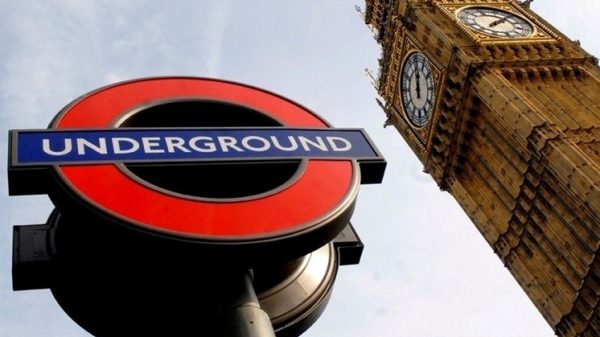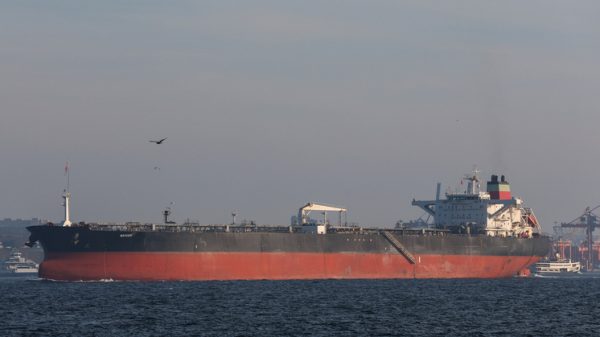The UK’s physical isolation sets it apart from its continental neighbours, but could its island status have protected it from the full horror of Covid-19, had it closed borders in early 2020, as New Zealand and Taiwan did?
Both have been applauded for their efficient handling of the pandemic, with just 33 Covid-19 deaths between them. Other island nations such as Tonga, in the South Pacific Ocean, have reported no infections.
“To be an island in 2020 or 2021 is probably the greatest geographical gift you could have,” said Prof Devi Sridhar, chair of global public health at the University of Edinburgh.
So, as British cases start to fall and discussions about easing lockdown restrictions resume, are there strategies it could borrow to return it to normality?
From the UK’s shores, New Zealand’s current situation looks idyllic: “After the lockdown(s), which were only required because border closure came too late, day-to-day life for most New Zealanders appears to be completely normal, and there are very few restrictions” said Matt Boyd at Adapt Research Ltd in Reefton, New Zealand, who has modelled the impacts of border closures for island nations.
Even his own pre-Covid predictions about a major loss of tourism revenues if New Zealand ever closed its borders, have not entirely come to pass. Tourist operators continue to call for emergency funding, but the economic impact has been blunted by New Zealanders holidaying domestically, Boyd said: “Socially there have been family separations, people unable to return home for funerals, or see dying loved ones. But the social, economic and political consequences in New Zealand seem less than in countries dealing with ongoing community transmission.”
This begs the question: would the UK now be in a similar position, had it acted earlier? The UK confirmed its first Covid-19 case on 31 January – three weeks before the virus arrived in New Zealand. “Logistically it would have meant making a decision very early on,” said Boyd.
Yet, speed is of the essence. However, other countries managed it: “Taiwan and Hong Kong imposed the first measures as early as 31 December. South Korea, Thailand and Japan also responded quickly,” said Kelley Lee, professor of global health governance at Simon Fraser University in Burnaby, Canada, whose team recently reviewed 29 studies modelling the impact of travel restrictions on Covid-19 transmission. “We found that if cross-border measures are going to work, they need to be applied early on.”
The British home secretary, Priti Patel, recently said she had advocated shutting the UK’s borders in March. But although a series of travel measures were introduced in 2020 – including issuing non-mandatory guidance to self-isolate for 14 days to travellers coming from designated high-risk countries – this was withdrawn on 13 March, with no further border measures in place until 8 June.
Genetic analysis revealed that Sars-CoV-2 was individually introduced well over a thousand times during early 2020 – mostly from Spain, France, and Italy. “Late February to mid March were critical,” said Prof Oliver Pybus at the University of Oxford, who led this research. “During this period, high numbers of incoming travellers from Europe coincided with large and growing epidemics in many European countries.”
The result was multiple chains of transmission being initiated in parallel at different locations. This rapidly overwhelmed the UK’s existing capacity for individual-level contact tracing. It also prevented the virus from being contained in a particular part of the country through a cordon sanitaire like in Wuhan, China. “It’s likely that the importations resulted in the early phase of epidemic growth accelerating faster than was expected,” said Pybus. “Importations mean the virus can reach less well-connected or more remote parts of the country more quickly.”
The UK’s connectedness may also have put it at a disadvantage. “Like France and Germany, we’re kind of in that position of connecting Asia and the Americas and Africa as a pretty central point in the world, so we have a lot of people connecting through but also coming here,” said Andrew Tatem, professor of spatial demography and epidemiology at the University of Southampton. “That is something that governments always have to balance up, because a lot of our service industries are based on that connectivity.”
Even though rapid action can buy a country time, it does not completely prevent virus from being imported – as further small outbreaks in New Zealand have shown. “Governments need to use that time to put in place and fortify domestic public health measures – notably testing and quarantine,” said Lee. “It is what governments do domestically in addition to cross-border measures that has contributed to how they’ve fared over the past year.”
It may not be too late. Many British scientists would like to see the UK further tighten its borders and pursue a “zero-Covid” strategy in the coming months. “People talk about living with the virus. But what is that?” said Martin McKee, a professor of European Public Health at the London School of Hygiene & Tropical Medicine.
Either we try to eliminate the virus, meaning minimising travel and maintaining lockdown restrictions until there are so few cases they can be managed through contact tracing – as New Zealand has done – or ease restrictions earlier, in the hope that the vaccine will provide a solution, McKee said.

























































Свежие комментарии